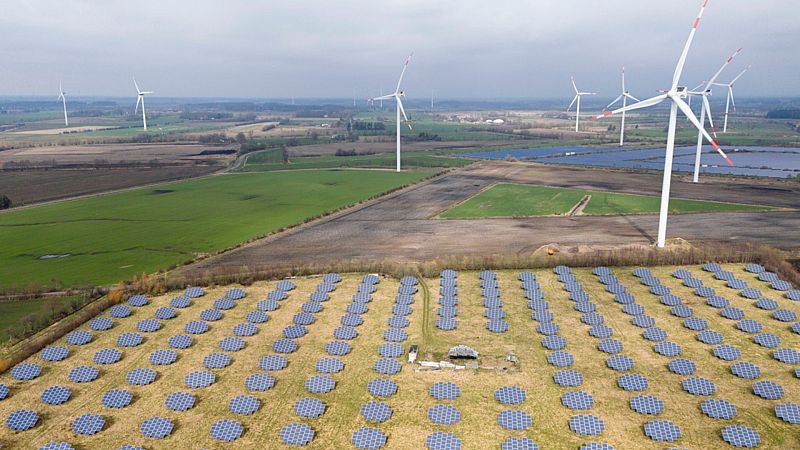
Researchers have found a method to transform previously discarded industrial waste into a valuable material needed for battery production.
Triphenylphosphine oxide (TPPO) is produced in the manufacture of products such as vitamin tablets. A new process discovered by scientists at Northwestern University in the USA transforms it into a valuable agent for storing energy, which could potentially replace rare metals in certain circumstances.
Unlike more common lithium batteries, those storing energy in electrodes, redox flow batteries created with this innovative process use a chemical reaction to pump energy back and forth between electrolytes where their energy is stored.
to help iron out fluctuations in supply
“Not only can an organic molecule be utilised, but it can also deliver a high level of energy density - getting closer to its metal-based rivals - and retaining high stability,” says Emily Mahoney, a PhD candidate and the paper's first author.
“Finding a way to optimise these two parameters simultaneously is notoriously difficult, so being able to demonstrate this achievement with a molecule made from waste materials is a particularly exciting development.”
Transforming industrial waste into valuable resources
As requirements for batteries continue to expand, so does the demand for metals such as lithium and cobalt used to manufacture them.
will be needed.
“Historically, battery research has been primarily carried out by engineers and materials scientists,” says Dr Christian Malapit, a Northwestern chemist and lead author.
“Chemists who work with synthetic materials can make a valuable contribution by changing an organic waste product at a molecular level into a molecule that can store energy. Our discovery shows the possibility of turning waste materials into valuable materials, paving the way for sustainable innovation in battery technology.”
Tonnes of Terylene scrap are produced annually but it's currently rendered useless and must be disposed of with great care. Further research is needed into the possibility of converting this waste into valuable resources but experts are cautiously optimistic that it could be used to store renewable energy in the future.


Post a Comment
0Comments